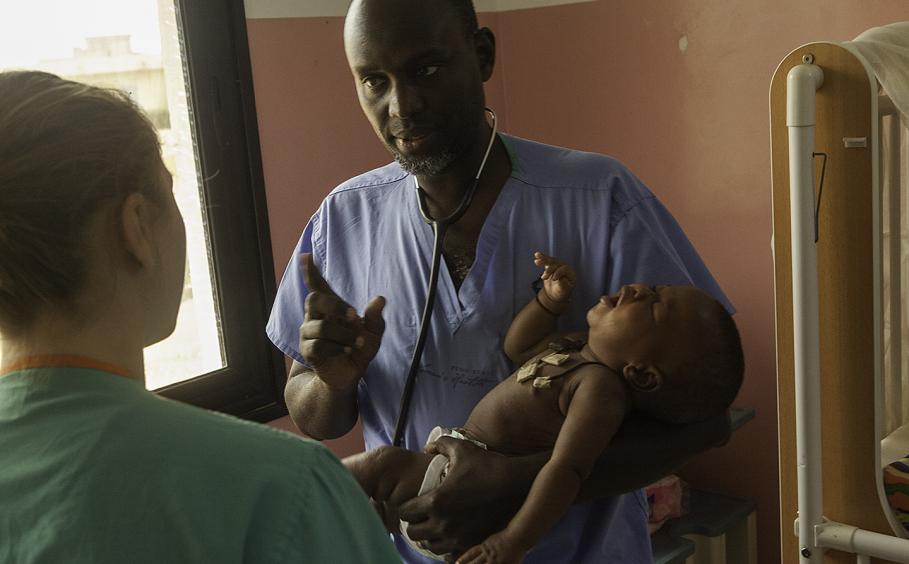-
About
ExploreUp a level (this gets replaced in JS)
-
Getting Started
Explore
-
Commitment to Diversity
Explore
-
Expertise
Explore
-
Strategic Plan
Explore
- Discover BBH
- Visit and Apply
- Contact
- Donate
-
Getting Started
-
Undergraduate
ExploreUp a level (this gets replaced in JS)
-
Getting Started
Explore
-
Student Support
Explore
-
Get Involved
Explore
-
Get Connected
Explore
-
Gain Experience
Explore
-
Diversity and Inclusion
Explore
-
Alumni Engagement
Explore
- Discover BBH
- News and Events
- Visit and Apply
- Contact
-
Getting Started
-
Graduate
ExploreUp a level (this gets replaced in JS)
-
Getting Started
Explore
-
Next Steps
Explore
-
Get Involved
Explore
-
Gain Experience
Explore
-
Diversity and Inclusion
Explore
-
Alumni Engagement
Explore
-
Visit and Apply
Explore
- Discover BBH
- News and Events
- Graduate Admissions
- Contact
-
Getting Started
-
Research
ExploreUp a level (this gets replaced in JS)
-
Ongoing Research
Explore
-
Resources
Explore
-
Get Started
Explore
-
BBH Affiliates
Explore
- Discover BBH
- News and Events
- HHD Research
- Contact
-
Ongoing Research
-
Alumni
Explore
-
Outreach
Explore
-
Contact
ExploreUp a level (this gets replaced in JS)
-
BBH Contacts
Explore
-
College Contacts
Explore
- Discover BBH
- News and Events
- Visit and Apply
-
BBH Contacts
-
Departments
Explore
-
Research Centers
Explore
-
Central Administration
Explore
-
Training and Support
Explore
- Contacts/Directory
Fieldwork Experience

As part of the Global Health minor, students must complete a supervised fieldwork experience, either internationally or domestically, for a period of approximately five weeks during the first summer session, May through June. Throughout their field work experience, students will engage in a range of inter-cultural encounters and gain broad knowledge of global health issues in the resource-poor context. More specifically, they will work in pairs or small groups, under the guidance of an on-site supervisor/preceptor, to observe and where appropriate contribute to locally relevant projects that serve to understand and address global health inequities.
Prior to their entry to the field, students must complete a semester-long preparation course (i.e. BBH 390A), which aims to ensure their logistic and academic readiness to travel. Following their return to campus, they are encouraged to engage in an interactive workshop during which they will be asked to reflect upon and share their field experiences, as well as consider how their greater appreciation and knowledge of global health issues may be integrated into their personal and professional goals and plans.
Students’ direct experience and interactions with local communities is anticipated to greatly deepen their understanding of the complexity of global health issues and interventions, as well as develop the core competencies needed to work cooperatively and respectfully with diverse groups in a global health setting. The fieldwork experience also encourages students to become independent and active global citizens who engage in meaningful two-way exchanges of knowledge and ideas for the purpose of contributing to the development of society.
Presently students have the option of completing fieldwork in Africa or Latin America, with future sites in additional world regions. Domestic sites are also available.

